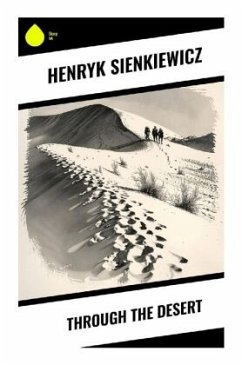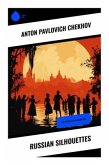In "Through the Desert," Henryk Sienkiewicz weaves a captivating tale that unfolds against the backdrop of the Sahara, exploring the theme of human endurance and moral conviction. Written in 1895, this adventure novel reflects the influence of both Romantic and Realist literary traditions, showcasing Sienkiewicz's vivid descriptive prowess and ability to depict the stark beauty of the desert landscape. The narrative follows the journey of two Polish children who, after a harrowing escape from captivity, traverse desolate terrains while grappling with existential dilemmas and tests of character, engaging readers in a dialogue about faith, courage, and the essence of humanity amidst adversity. Henryk Sienkiewicz, a Nobel laureate and one of Poland's most cherished literary figures, drew from his own cultural and historical context when writing this novel. A keen observer of social issues and a passionate advocate for Polish independence, Sienkiewicz's experiences, including his travels and the tumult of 19th-century Europe, heavily influence the narrative's exploration of universal themes, making it not just a story of survival, but a reflection of the human condition. "Through the Desert" is a compelling read for those who appreciate richly crafted narratives that transcend time and place. Ideal for fans of adventure literature and historical fiction alike, this novel promises to satisfy not only with its thrilling escapades but also with its profound insights into the human spirit, making it a must-read for any serious student of literature.
Bitte wählen Sie Ihr Anliegen aus.
Rechnungen
Retourenschein anfordern
Bestellstatus
Storno








